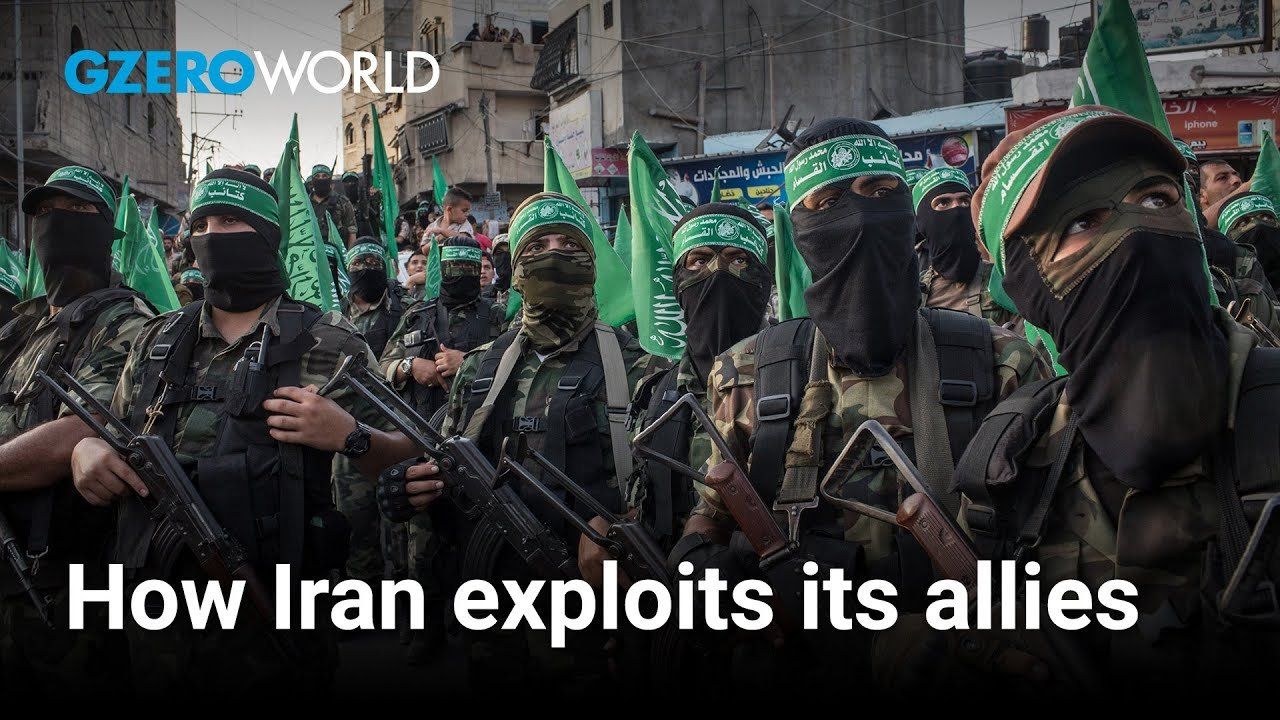
Whether it's Hamas in Gaza or Hezbollah in Lebanon or the Houthis in Yemen, how much control does Iran have over its proxy forces? According to Iran expert at the Carnegie Endowment for Peace, Karim Sadjadpour, Iran tends not to micromanage these groups. Iran may not typically give direct, day-to-day instructions but instead defer to these leaders to make their own decisions. However, Sadjadpour adds, on a broader level, Iran wields significant influence as they are often the primary source of funding and military support for these groups.
More importantly, when it comes to the people under the control of these proxy forces, whether they be Palestinian, Iraqi, Syrian, Yemeni or Lebanese, Iran doesn't care about their wellbeing. Sadjadpour emphasizes that we must distinguish between Iran being anti-Israel and genuinely pro-Palestinian, for instance. He recalls a conversation with an Iranian official who suggested that Iran benefits from the instability and conflict in the region, as it furthers their interests.
"Iran really benefits from the misery of these populations and these failing states, and they don't want to see these populations become prosperous" Sadjadpour tells Ian Bremmer in the latest episode of GZERO World. " And so in some ways, the more these populations experience conflict, whether it's, you know, conflict amongst themselves or direct conflict with Israel, Iran has tended to benefit from the despair of these Arab populations."
Watch the full interview: What’s Iran’s next move?
Catch GZERO World with Ian Bremmer every week at gzeromedia.com/gzeroworld or on US public television. Check local listings.
- What we know (and don't know) about Iran's role in the Israel-Hamas war ›
- US braces for Iran-backed blowback ›
- Fight between US and Iran’s proxies reaches boiling point ›
- Podcast: Iran's role in the Gaza war: is escalation inevitable? ›
- What’s Iran’s next move? ›
- US-Iran tensions complicate Biden's Middle East strategy - GZERO Media ›